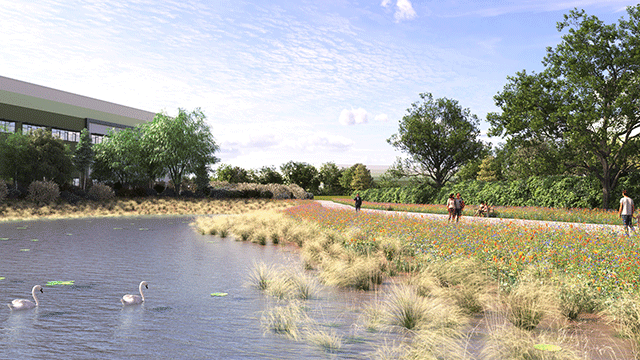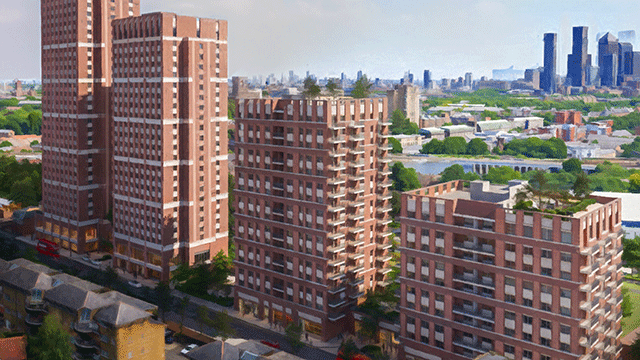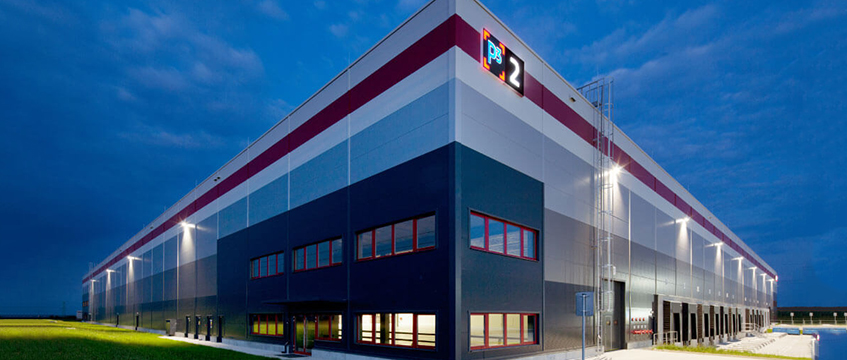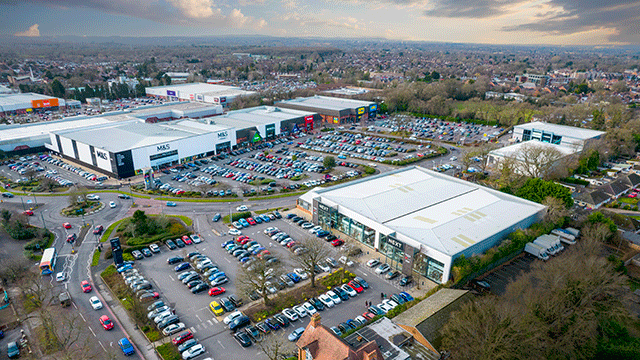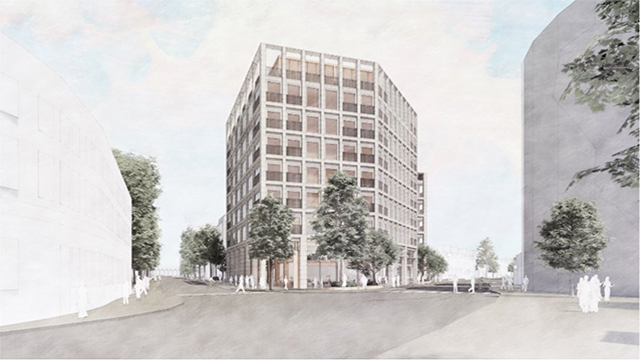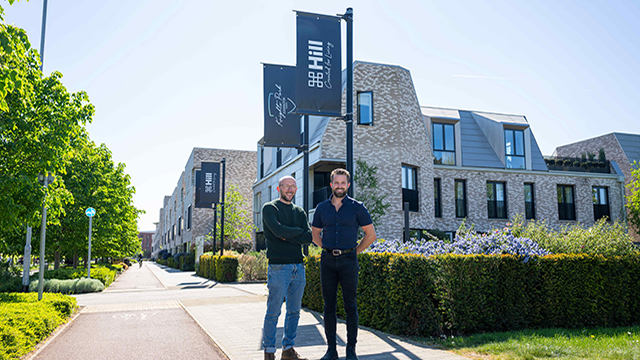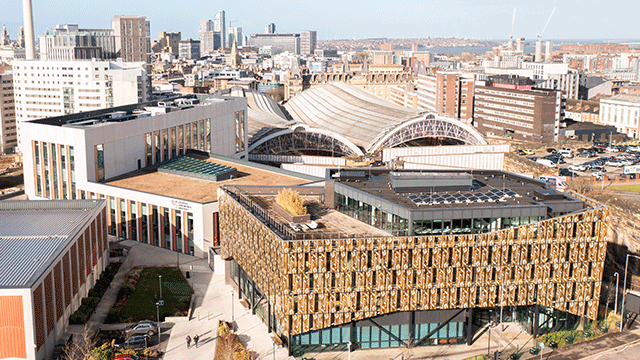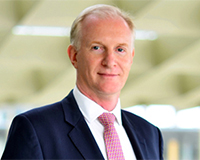
EXPO REAL: European logistics giant P3 is to launch a last-mile distribution arm that has a presence in major cities across Europe.
At Expo Real this week, P3 chief executive Ian Worboys said the urban logistics division, whose name had not yet been decided, already had a number of sites under offer, and was looking at more.
“We would love to be in every city in Europe, but that is a three- to five-year plan,” he said, adding that the new entity would look at refurbishments and redevelopment opportunities.
He added that he would “love” to buy a self-storage company.
Last-mile logistics is one of the most closely watched growth areas of the logistics sector. Its potential was the talk of this year’s Expo Real.
P3, which has a portfolio of more than 185 assets across 11 countries in Europe and 42m sq ft of lettable space, was bought by Singaporean sovereign wealth fund GIC for £2.1bn from co-owners TPG Real Estate and Ivanhoé Cambridge in one of the largest real estate transactions of 2016.
Worboys described P3’s new owner as a “fantastic parent company”.
“It is not just giving us an open cheque book and making us show that all our deals meet a certain return, but if we hit those return hurdles it has been 100% supportive of us,” he said. “GIC is not saying, “You have got to go out and spend’, it is saying, ‘When you find the right deals that give us the right returns, you have the money to do it’.”
Since the acquisition, P3 has bought a number of sites, though keen pricing in the logistics sector has encouraged it to expand its development pipeline to more than 8.6m sq ft this year, against a previous best of 3.2m sq ft. In total the company has around 19.3m sq ft in its land bank.
“Development is the way,” said Worboys. “Because we are long-term, patient capital, we don’t have to buy. If we think it’s too expensive, we will wait for some price re-adjustment. It will happen. It has always had a wavy pattern, it will do it again, maybe in three years, maybe in 10.”
Portfolio sale
P3 is also preparing to sell a portfolio of some of its secondary assets, totalling around 2.5m sq ft. Portfolios have attracted a considerable premium as investors try to increase their allocation to industrial quickly.
It will be the first sale in the eight years since Worboys became P3’s chief executive.
“I am sure we are going to bring a little portfolio to the market soon,” he said. “There are those who want core, and those who want value-add, so we are going to put together a small portfolio of value-add.”
Last-mile pressures
Worboys is not worried about competition with residential, office and retail developers for sites, nor is he bothered about the keen pricing in the last-mile logistics sector.
He said people had forgotten that the through-flow of parcels and goods at the logistics centres is enormous, with huge deliveries being sorted then redistributed by cars, vans and motorcycles several times a day.
“So the actual rent is really a small part of the overall process,” he said. “I am not saying it is irrelevant, as it hits occupiers’ profits, but relative to the process and what happens inside, it is a very small amount compared with fit-out and location.”
Worboys said that, with six centres in the right locations, all of Berlin’s 3.5m people could be served within 30 minutes.
“We know there is the demand. You are competing, in some cases, against residential, which is why we said we could work with residential developers rather than against them.”
New tech and new ideas
P3 has been looking at new ways to reduce noise at last-mile distribution centres, such as rubber cages and electric lorries, that will allow them to occupy space in residential areas without causing noise complaints.
Worboys said he did not think the logistics market was slowing, and that the biggest threats or changes would be either external or technological.
He said batteries, renewable energy and artificial intelligence would be “huge” going forward. “We have to have warehouses that have more power, we have to have recharging for batteries, we have to look at how robotics will influence warehouses and lorries,” he said.
Batteries are going to be a key part of the next generation of warehouses, he said.
“We have many square metres that could be powered just by photovoltaics. If you can have free electricity for your occupier, that works,” he said.
How Ian Worboys ended up headquartered in Prague
Starting out life as a commercial agent at Strutt & Parker in the 1980s, Worboys later became managing director of France and Spain for Gazeley by the late 1990s. Although he did not speak French, Gazeley gave him a crash course and he spent 10 years at the company.
That continental experience attracted the attention of Panattoni, which appointed him managing director of Western Europe in 2007.
In 2009 he was headhunted again. Arca Capital offered him the role of chief executive officer at PointPark Properties, as P3 was then known, which Arca had bought from Merrill Lynch that year.
The job required a move to Prague, where P3 was headquartered. Worboys said he would go only with the permission of his then-teenage daughter – something he says she was more than happy to give.
PointPark was preparing a listing before the financial crisis hit. In 2013, the company was sold to TPG and Ivanhoe Cambridge, and the name P3 was adopted in 2014.
GIC then bought P3 from the pair at the end of 2016.
To send feedback, e-mail alex.peace@egi.co.uk or tweet @egalexpeace or @estatesgazette




